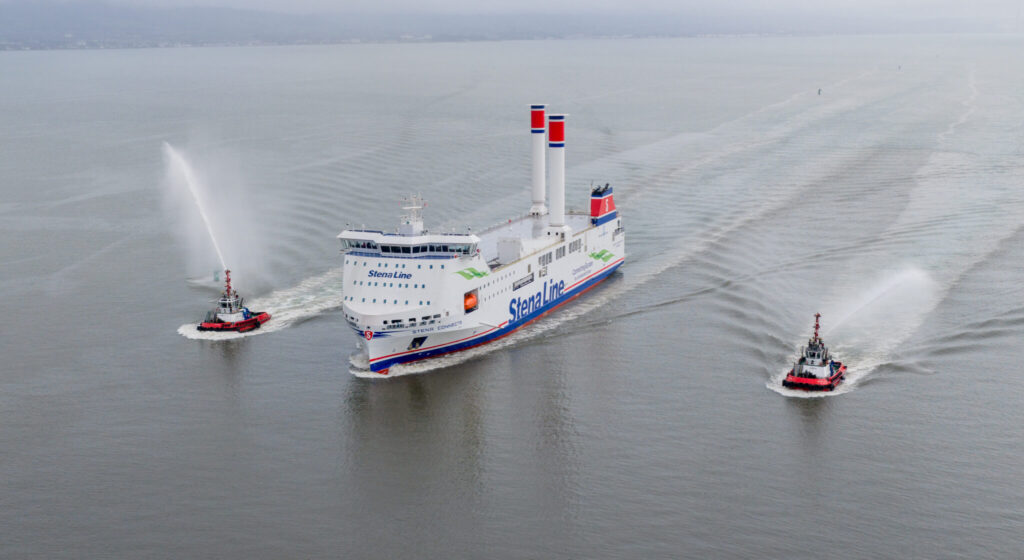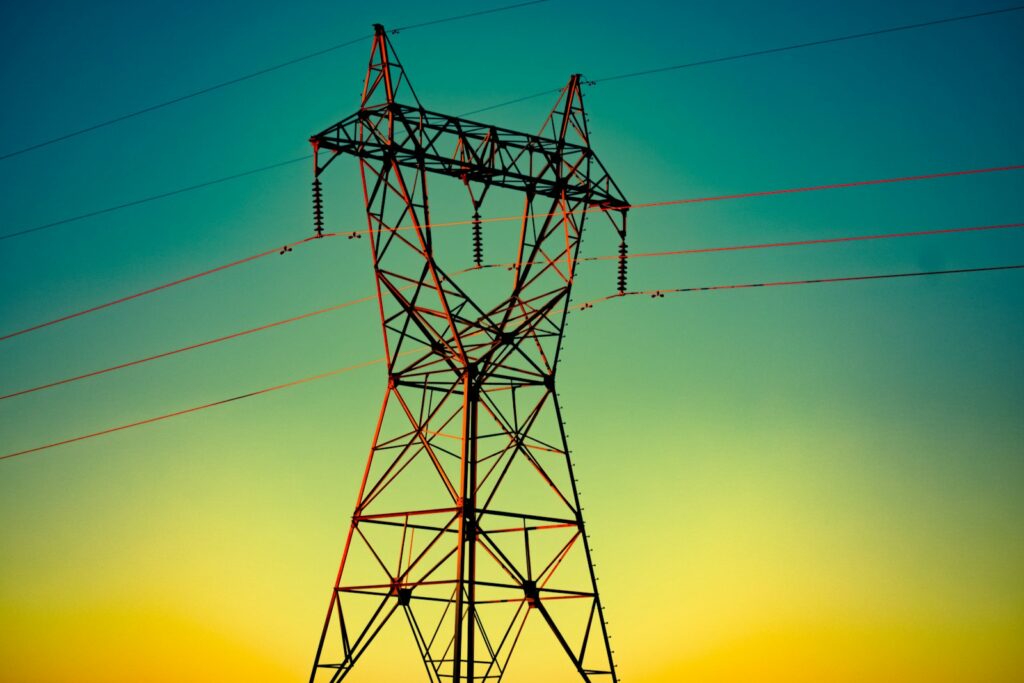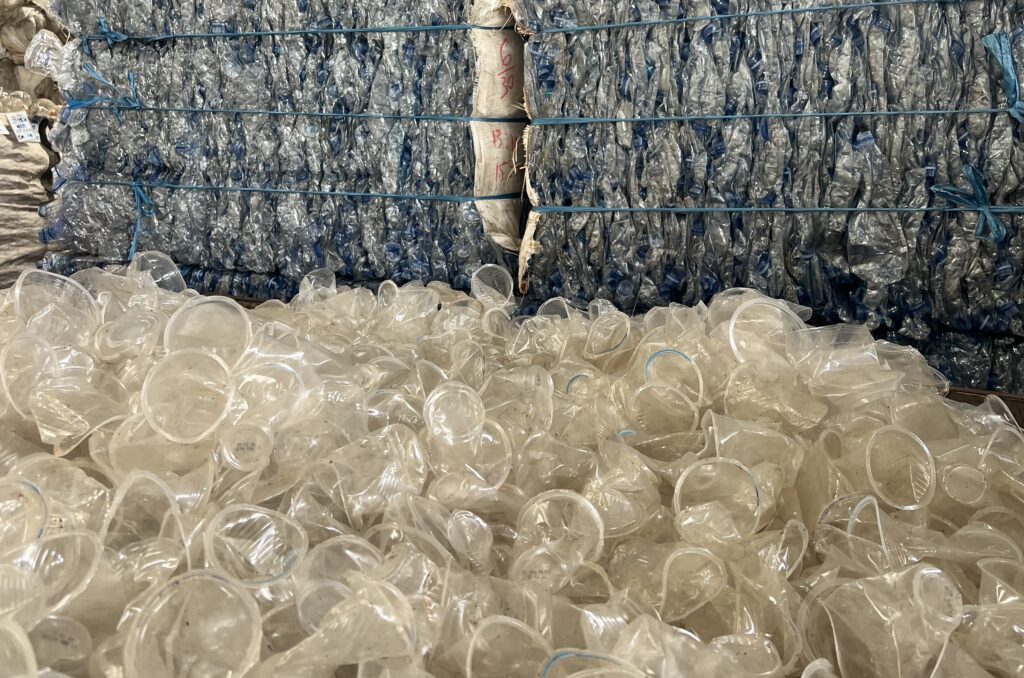A political agreement between the European Parliament and Council means a new EU Regulation on deforestation-free supply chains kicks in 29th June.
The law means operators and traders will need to prove their products and actions have not contributed to deforestation in any part of the world since 31st December 2020. Wood and pulp are included in the legislation, along with a broad range of other materials and stocks, such as cattle, cocoa, coffee, palm oil, rubber, and soya.
All commodities specified have been chosen due to the prevalence of illegal and irresponsible deforestation in cultivation and production processes. Such activities are widespread, but are particularly prevalent in equatorial economies and those in the global south. For example, rainforests – a vital ecosystem – are on the brink of collapse in many areas, including Brazil, where 40% of the country’s Amazon has disappeared or is in terminal decline, and the Philippines.
While the Regulation aims to ensure companies within the EU are no longer contributing to the crisis, it applies to all businesses or organisations that place on the EU market or exports from it any of the commodities covered. This means that UK PLC trading within the bloc, operating in relevant sectors, must conduct the same level of due diligence as firms based inside the 27-member economic and political union.
‘These new rules are part of a much broader and more challenging set of ESG-related legislation coming from the EU and its member states that UK businesses must comply with if they want to continue trading with EU based businesses. Identifying and rooting out environmental problems from a long supply chain is not an easy process. UK businesses shouldn’t underestimate the challenges that these changes present and the costs associated with,’ said Sushank Agarwal, Managing Director of INVERTO UK, a supply chain and procurement specialist.
Firms that are impacted have been advised to take action by ensuring compliance within contracts and policies, improving transparency overall, and stepping up efforts to audit suppliers and clients.
“The way that companies can address this issue is by strengthening their risk management approach – in other words creating transparency in your supply chain. Analysis should establish where the raw materials for your products are produced and under what conditions,” added Agarwal.
Deforestation is the latest example of EU legislation with a significant ripple effect outside the bloc, not least for the UK, which sends 42% of its exports to the region. A new EU Carbon Border Adjustment Mechanism is due to start on 1st October 2023, applying a ‘fair price’ to carbon intensive goods imports. Next year, mandatory sustainability reporting kicks in via the new Sustainability Directive, forcing full disclosure of all social and environmental impact, with a Sustainability Due Diligence Directive also on the table aimed at eliminating the risk of EU trade resulting in adverse human rights and ecosystems impacts. Meanwhile, the Inflation Reduction Act in the US, introduced recently, also has far-reaching implications for companies across the world.
More on trade and global environmental policy:
Investing in climate tech startups made easy: An insider’s guide
EU Sustainability Directive: What UK and global businesses need to know
Image: Maksim Shutov

















